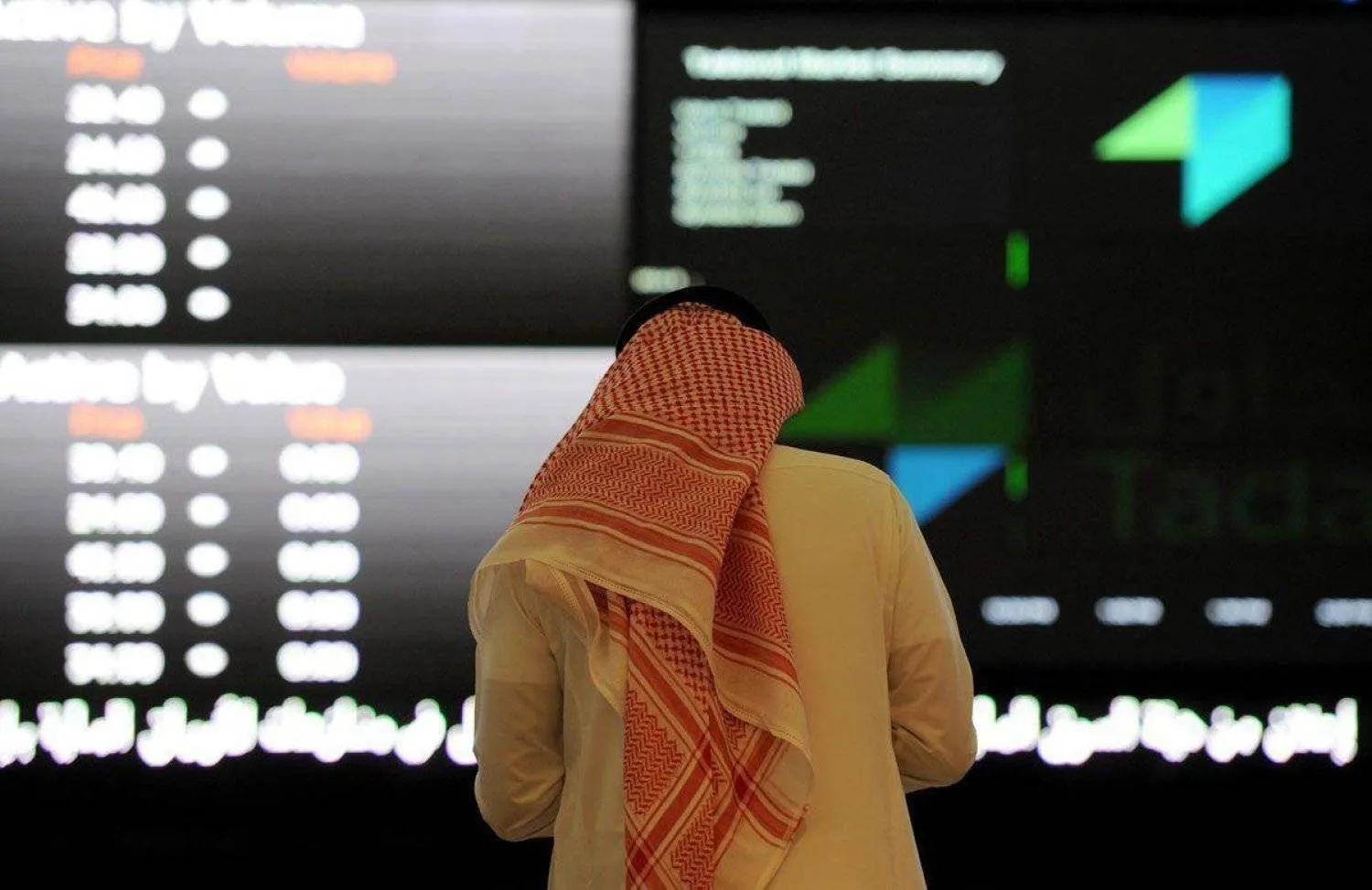As Saudi companies start reporting their Q2 financial results, experts are optimistic about the transport and logistics sector. They expect a 10% annual growth, with total net profits reaching around SAR 900 million ($240 million), driven by tourism and an economic corridor project.
In Q1, the seven listed transport and logistics companies in Saudi Arabia showed positive results, with combined profits increasing by 5.8% to SAR 818.7 million ($218 million) compared to the previous year.
Four companies reported profit growth, while three saw declines, including two with losses, according to Arbah Capital.
Al Rajhi Capital projects significant gains for Q2 compared to last year: Lumi Rental’s profits are expected to rise by 31% to SAR 65 million, SAL’s by 76% to SAR 192 million, and Theeb’s by 23% to SAR 37 million.
On the other hand, Aljazira Capital predicts a 13% decrease in Lumi Rental’s net profit to SAR 43 million, despite a 44% rise in revenue. This is due to higher operational costs post-IPO.
SAL’s annual profit is expected to grow by 76% to SAR 191.6 million, driven by a 29% increase in revenue and higher profit margins.
Aljazira Capital also expects a 2.8% drop in the sector’s net profit from Q1 due to lower profits for SAL and Seera, caused by reduced revenue and profit margins.
Mohammad Al Farraj, Head of Asset Management at Arbah Capital, told Asharq Al-Awsat that the sector’s continued profit growth is supported by seasonal factors like summer travel and higher demand for transport services.
He predicts Q2 profits will reach around SAR 900 million ($240 million), up 10% from Q1.
Al Farraj highlighted that the India-Middle East-Europe Economic Corridor (IMEC), linking India with the GCC and Europe, is expected to boost sector growth by improving trade and transport connections.
However, he warned that companies may still face challenges, including rising costs and workforce shortages.









